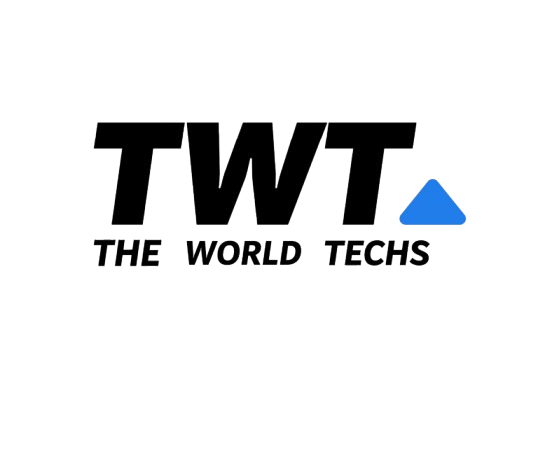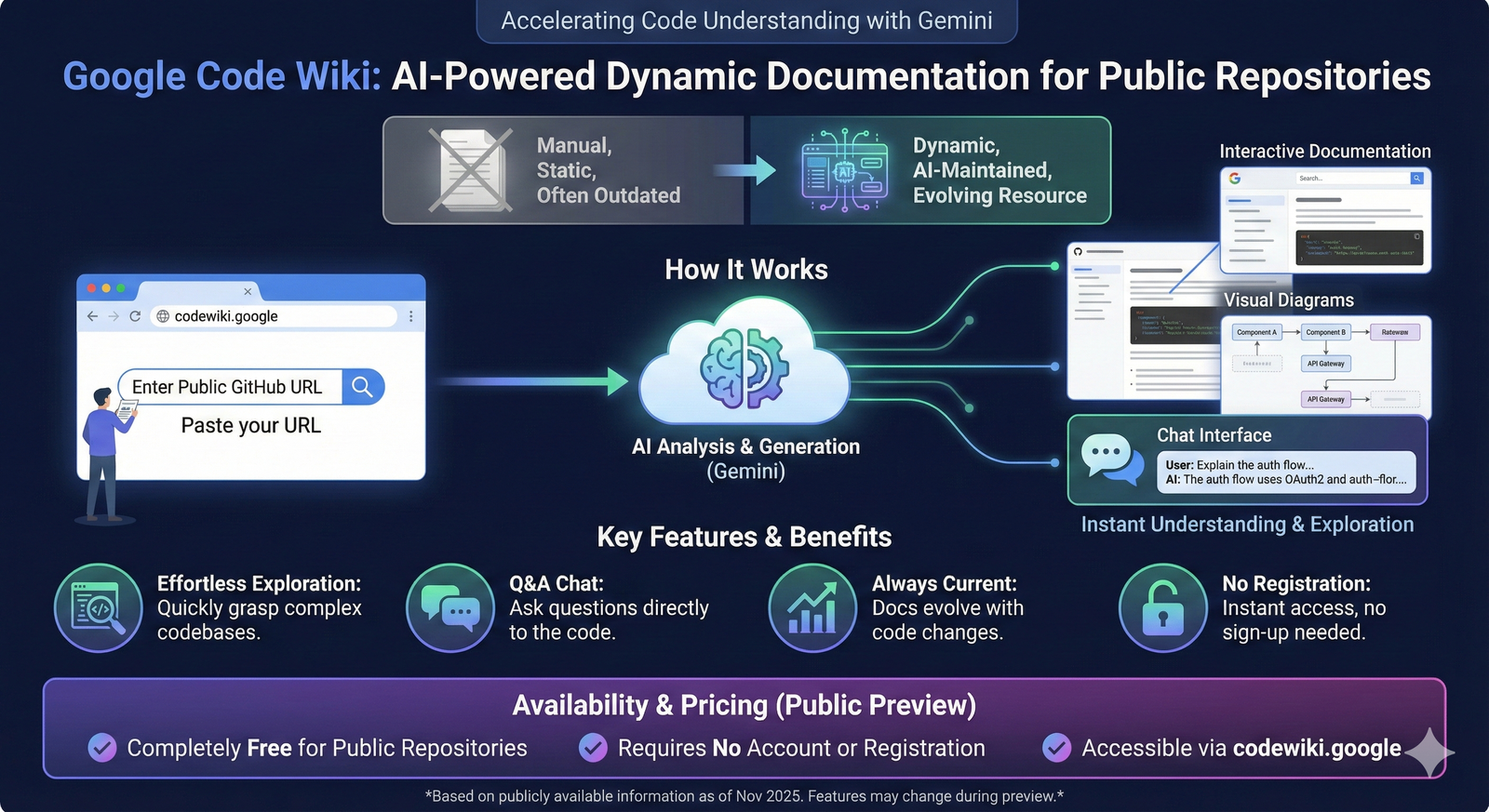Now Reading: The Developer’s Guide to Remote Work: Your GitHub Job Goldmines
-
01
The Developer’s Guide to Remote Work: Your GitHub Job Goldmines

The Developer’s Guide to Remote Work: Your GitHub Job Goldmines
The world of work has fundamentally changed. For software developers, the remote-first lifestyle is more accessible and rewarding than ever. Forget endless scrolling on traditional job boards—the most valuable, community-vetted resources for finding your next distributed role are often hidden in plain sight, maintained by the very community you belong to.
We’ve tracked down the ultimate starting point: two curated GitHub repositories that are constantly updated with lists of semi-to-fully remote-friendly companies and established distributed teams. Consider these your new remote job hunting headquarters.
1. remoteintech/remote-jobs:
The Massive, Worldwide Roster
This is perhaps the most comprehensive list you’ll find, covering hundreds of companies in or around the tech industry that embrace remote work. The remoteintech/remote-jobs repository is a massive, constantly evolving directory perfect for volume searching.
- Breadth of Opportunity: You’ll find everything from small, agile startups to massive enterprises like Amazon, Atlassian, and Coinbase.
- Global Reach: The list is well-maintained, specifying regions and covering opportunities that range from USA-only to Europe, Asia, and truly Worldwide roles.
- The Quick Scan: It’s an excellent directory of company names and websites, making it a quick reference guide to see who is currently hiring remote-friendly talent across all tech verticals.
2. yanirs/established-remote:
Quality over Quantity
Looking for stability and competitive pay? The yanirs/established-remote list focuses on companies that meet a higher bar. These are teams that are either well-funded or profitable, have at least 50 employees, and, crucially, offer globally-competitive compensation.
- The “Established” Standard: These are not fly-by-night operations. Companies like Shopify, DataDog, Elastic, and GitLab are featured here, known for their maturity and commitment to distributed teams.
- Skill Variety: The companies listed cover a huge array of tech stacks, including modern languages and frameworks like Go, Python, Java, Ruby, React, Node, DevOps, and C++.
- Key Insight: This list explicitly flags companies that offer “Globally-competitive compensation,” meaning they aim to pay salaries comparable to major tech hubs, rather than using remote work as a source of cheap labor. Prioritizing the companies with a checkmark (✓) here is a smart move.
💡 How to Prepare & Ace the Remote Interview
Finding the job is only half the battle. Remote interviews have unique challenges that require specific preparation. Here’s a quick guide to getting ready for that final-round video call:
Technical Prep:
Algorithms, Design, and Clean Code
While you’re searching the GitHub lists, keep your technical skills sharp with these resources:
- Practice Platforms: LeetCode, HackerRank, and GeeksforGeeks remain the gold standard for practicing data structure and algorithm questions.
- System Design: For senior roles, preparation on system architecture is non-negotiable. Look into resources that cover horizontal scaling, microservices, and database trade-offs.
- The Classics: Read foundational developer books. Three crucial titles often cited in interviews are “Cracking the Coding Interview,” “Clean Code,” and “The Pragmatic Programmer.”
Remote Interview Readiness Checklist
- Test Your Tech: Test your Internet connection, webcam, and microphone 30 minutes before the call. Have a backup plan (like switching to your phone hot-spot) if the primary internet fails.
- Professional Presence: Choose a clean, well-lit background (use a virtual background if necessary). Dress professionally, just as you would for an in-person interview.
- Master the “Think-Aloud” Skill: In a remote live coding session, interviewers can’t see your paper scratchings. You must verbally communicate your thought process—from clarifying requirements to considering edge cases and debugging. Silence is a red flag in a remote technical interview.
- Ask Thoughtful Questions: Remote teams prize communication and collaboration. At the end of the interview, ask questions about the company’s async communication philosophy, documentation standards, or time zone overlaps—it shows you understand distributed work.
🛠️ Actionable Steps:
Using the Repositories
Ready to dive in? Here’s your immediate plan of action:
- Filter by Stack: Use the “Tech stack/skills” column in the
yanirs/established-remotelist to quickly narrow down targets that match your expertise (e.g., filtering for Kubernetes or TypeScript). - Check for “Global” Pay: Prioritize companies in the
yanirslist that are marked with a (✓) in the “Globally-competitive compensation?” column for the best salary prospects. - Start with the Source: Don’t just scan the READMEs. Use the job links provided in the lists to go directly to the companies’ career pages.
- Contribute: These lists are community-maintained. If you land a job through one of them, consider opening a Pull Request to update the information—you’ll be helping the next developer!
Resources & Learning Guide
| Category | Resource Type | Examples/Focus |
| Finding Jobs | GitHub Repositories | remoteintech/remote-jobs yanirs/established-remote |
| Coding Interview Prep | Platforms | LeetCode, HackerRank, GeeksforGeeks |
| Developer Literature | Books | Cracking the Coding Interview, Clean Code (Robert C. Martin), The Pragmatic Programmer |
| System Design Prep | Architecture Books/Guides | Designing Data-Intensive Applications, Google’s SRE Workbook |
| Remote Skillset | Soft Skills Focus | Practicing written communication (which is key in async teams) and practicing speaking your thought process during live coding sessions. |
FAQs
Q: Why are the best remote jobs on GitHub and not LinkedIn?
A: Many large-scale developers’ job lists are community-curated and hosted on GitHub to allow for quick edits, pull requests, and updates from the community itself. This makes them more up-to-date and transparent than a typical job board.
Q: Does “Worldwide” mean I can apply from any country?
A: Usually, yes, but always check the company’s career page. “Worldwide” often means the company is comfortable with distributed teams across many time zones, but there may still be legal restrictions or preferred time zone overlaps (e.g., “must be within 4 hours of EST”).
Q: What is “Globally-competitive compensation?”
A: This means the company aims to pay a salary comparable to the market rates in major global tech hubs (like San Francisco, London, or New York), regardless of where you live. Companies without this flag may adjust salaries significantly based on your local cost of living.


















